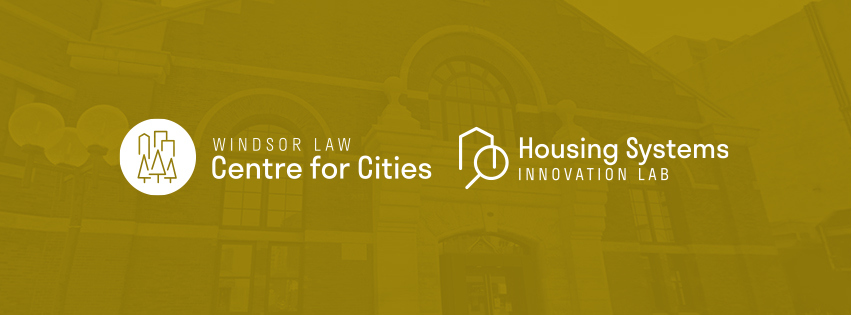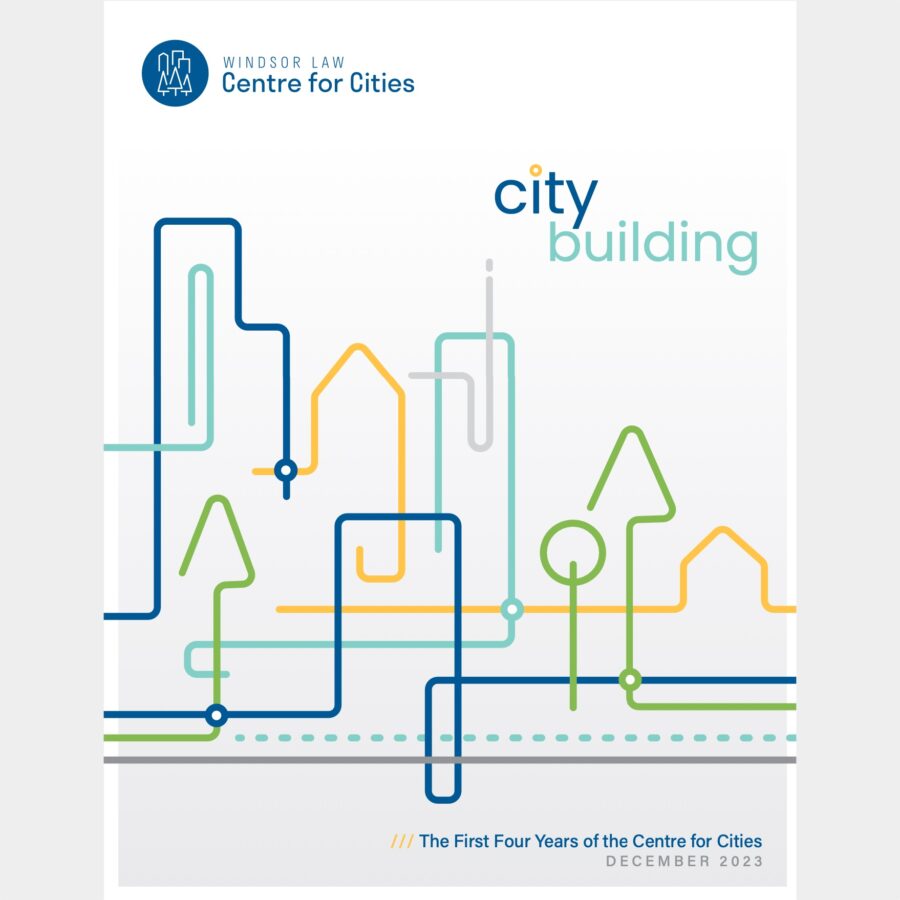
Climate Blog: Ranked ballots provide opportunity for greater representation and climate change priority by city councils
(14 December 2020) By Valerie Tan.
It came as a shock to Ontario municipalities in late October when a provincial COVID-19 recovery bill announced a plan to remove ranked ballots in municipal elections.
The omnibus bill, Bill 218 which received Royal Assent on November 20, 2020 and came into force on the same day, makes amendments to the framework for ranked ballots provided under the Municipal Elections Act, 1996 and Ontario Regulation 310/16, forcing civic elections for municipal offices to use the long-standing ‘first-past-the-post’ electoral system.
Municipalities have had the option to adopt ranked ballot systems in council elections since 2018. In a ranked ballot system, voters rank up to three candidates in order of preference for a council office. If one candidate wins more than 50% of votes cast as first choice, that candidate wins. If there is no candidate with a 50% majority of votes in the first round, the candidate with the least votes is eliminated and the process moves to the second round. Voters whose first-choice candidate was eliminated now have their second and third choice votes distributed accordingly. A winner is declared when a candidate reaches a majority of votes.
In a first-past-the-post system, each voter casts his or her vote for only one candidate. The candidate with the most votes after being counted, wins, even if they did not win by a majority 50%. It is simple to see how a candidate who won with less than half the votes in an electoral area may not be a clear reflection of the voter population, and thus, may not encompass all the main concerns and issues of crucial topics, including climate change.
Municipalities as Creatures of the Province
The Ontario government’s plan to do away with ranked ballots for municipal elections is a clear example of the inherent nature of the provincial governments’ jurisdiction over local affairs, set out in section 92(8) of The Constitution Act, 1867. The result is that municipal governments have no choice but to abide by provincial legislation since there is no constitutionally entrenched power available to municipalities to govern their local affairs.
The provincial bill to remove the ranked ballot system has sparked a negative response from several mayors who have argued that municipalities were not consulted by the provincial government prior to the drafting of the bill and that such action is thus unnecessarily interfering with municipal elections.
The next municipal elections in Ontario will take place in 2022. Referendums in the cities of Cambridge and Kington have already moved to adopt a ranked ballot system in the 2022 elections and Toronto’s city council plans to implement it in the 2026 election. These cities’ plans for adopting a progressive voting system will be scrapped with the passing of this bill.
A success in London: Greater diversity, representation and civic participation
In the 2018 municipal elections, London’s City Council became the first and only Ontario city to have used a ranked ballot system. A report from Unlock Democracy reviewed the results of the remarkable election and found that 68% of eligible voters in London voluntarily chose to rank their choices and 67% of those ranked three candidates. These results led many to conclude that Londoners responded well to the new system.
Advocates for ranked ballots point out benefits including increased representation of voter choice, where voters feel that their ballots matter more given that their second or third choice could still potentially win. Increased civility among candidates is also highlighted as a benefit, since candidates are more likely to focus on their own campaigns rather than attacking other opponents.
Greater diversity is another benefit encouraged by this system, as advocated by Ranked Ballot Initiative of Toronto (RaBIT). London’s first Black female councillor, Arielle Kayabaga was elected in the 2018 election in a tight race and had said that she was motivated to run for the council seat when she learned about the new electoral system being implemented.
“As a young, black and single mother in politics, having seen the way women are vilified and treated in politics, I wasn’t sure I wanted to run until I learned about the benefits of ranked ballots. The system allows for more equitable outcomes of representation”, Kayabaga wrote in an op-ed in the Toronto Star.

Climate change among the top issues for Canadian voters
The city of London in the 2018 election also elected their first openly gay city councillor. Shawn Lewis, councillor for Ward 2 credits the ranked ballot system for creating more focus among candidates to discuss city issues and voter priorities, explaining that it led to “one-issue candidates” falling to the bottom of the rankings.
This is telling: increasingly, voters are evaluating candidates’ platforms based on multiple issues and what’s more interesting is the shift in climate change as a priority for many voters. An Ipsos poll conducted prior to the federal elections in October 2019 found that climate change was the second most important issue overall to voters, where three in ten (29%) Canadians listed climate change as among their top three issues ahead of the federal election.

Climate mitigation action must be championed at the local level as municipalities are responsible and/or regulate upwards of 60% of greenhouse gas emissions (GHG). A ranked ballot system provides a vital pathway for voters to elect city councillors who represent their values, by virtue of its framework which allows for greater representation – not only of the voters themselves but of those who will be elected to city council. Thus, voters who hold climate action as a priority at the municipal level will most likely rank their preferred candidates whose platforms are centred on climate action and this could be the driving force to greater strides made on climate action at the most local level.
Championing for ranked ballots
In a push to reinstate the choice of ranked ballots for municipalities, Liberal MPP Mitzie Hunter has tabled a private members bill, ‘Local Choice for Local Elections’. Bill 232 if passed would amend the City of Toronto Act, 2006 and the Municipal Act, 2001 to allow municipalities to pass a by-law if they wish to conduct elections using ranked ballots before being ratified by more than 50% of the electors in the municipality to have force and effect. As such, the by-law would supersede the application of the Municipal Elections Act, 1996 and its regulations. As of writing it has passed the first reading and still provides a fighting chance for ranked ballots in Ontario.
Valerie Tan is a member of the Cities and Climate Action Forum and a second-year JD student at Windsor Law.



